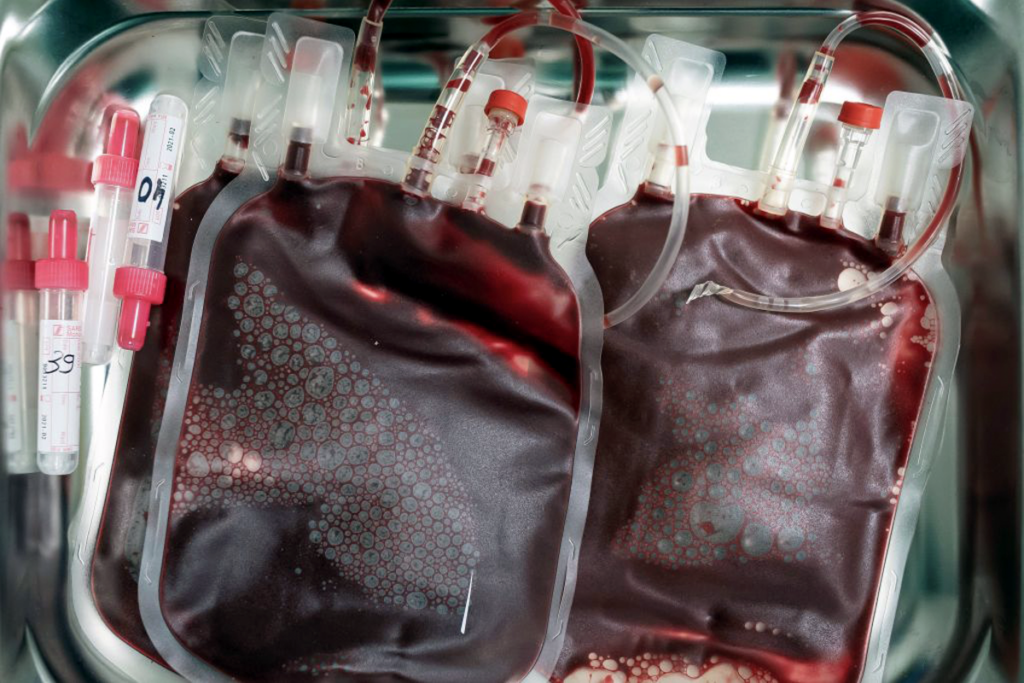
Autism experts question HHS statements on Tylenol, leucovorin
Concerns include the administration’s reliance on weak, correlational evidence rather than established research.
O
Kennedy stated that, in light of evidence showing an association between acetaminophen (Tylenol) use during pregnancy and autism, the HHS would add a warning label to the drug and notify all doctors to urge pregnant women to reduce their use of this painkiller. He also repeated statements about investigating a link between autism and vaccines. (As The Transmitter has reported, no evidence to date indicates that either vaccines or acetaminophen cause autism.)
As part of the press conference, which featured multiple speakers, Marty Makary, commissioner of the U.S. Food and Drug Administration, said the agency would approve leucovorin (folinic acid) as a treatment for autism in children who have cerebral folate deficiency. A press release from the FDA stated that it had initiated approval of the supplement for people with cerebral folate deficiency observed to have developmental delays with autism traits. Mehmet Oz, administrator for the Centers for Medicare and Medicaid Services, announced that leucovorin would be covered as a treatment for children with autism who received a prescription.
In addition, National Institutes of Health director Jay Bhattacharya announced the launch of the Autism Data Science Initiative, which provides $50 million in funding to 13 projects aimed at finding the root causes of autism or therapies for it.
“The September 22 press conference held by U.S. Health and Human Services alarms us researchers who committed our entire careers to better understanding autism,” the Coalition of Autism Scientists wrote in a statement. The group consists of more than 260 leading autism researchers in the U.S. “The data cited do not support the claim that Tylenol causes autism and leucovorin is a cure, and only stoke fear and falsely suggest hope when there is no simple answer.”
“With this in mind,” the group added, “we do not support any recommendation from the HHS or FDA regarding increased use of folinic acid. Instead, we call for a well-designed, large scale clinical trial of leucovorin (folinic acid) with all of the rigor needed (biomarkers, proper endpoints) and, most importantly, a pre-registered analysis plan.”
Experts The Transmitter spoke with almost universally called for rigorous, well-executed trials of leucoverin but noted that any benefit would be unlikely to generalize to all autistic people. Read what some experts said, in their own words.
“While the literature on acetaminophen as a cause of autism has been mixed, the most recent study that has had the advantage of sibling control, Ahlquist et al (2024), did not show that acetaminophen use during pregnancy increased the risk of autism. The sibling control is important because if siblings who are exposed or not exposed to acetaminophen are equally likely to receive a diagnosis of autism, the cause(s) must be something else such as maternal infection (that can lead to the use of acetaminophen). The literature on the use of Leucovorin as a treatment for autism is also meager. I would favor a large, well-designed randomized clinical trial to determine if this has benefit for some individuals with autism.” —David Amaral, distinguished professor of psychiatry and behavioral sciences, University of California, Davis MIND Institute
“We cannot afford to be distracted by revisiting resolved issues, and we certainly cannot allow our families to be misled by conclusions made from science that lack necessary rigor. Many of us have dedicated our careers to designing clinical trials that can test possible treatments, especially those that target specific genetic causes and those that can help children with profound autism. These leucovorin studies are small, lack validated biomarkers or outcome measures, and certainly are not generalizable to all children with autism. The over-simplified conclusions and media hype from these studies take advantage of vulnerable families who are searching for answers and hope. I would welcome a large-scale double blinded placebo controlled trial of leucovorin, led by experts who have experience running clinical trials and have strong partnerships with the autism community. If this is truly an effective treatment, let’s conduct the studies that test for whom it’s most effective and why.” —Shafali Jeste, Las Madrinas Chair and Chief, Division of Neurology, co-director, Neurological Institute, Children’s Hospital Los Angeles
“When you look at siblings born to the same mother, but one sibling was exposed to acetaminophen and the other sibling wasn’t, in these sorts of sibling analyses, any apparent association [between autism and acetaminophen] completely went away, which implies that [other maternal] factors like genetics are actually responsible for the statistical association. … There’s some hints of evidence that it is promising for alleviating autism symptoms but the evidence is so far from anything that you could actually make a concrete recommendation on. These are really small clinical trials that have been done. There’s a lot of flaws with these trials. And it would be extremely premature if the administration were to make any recommendation that folks with autism should be taking this because frankly it’s not ready for prime time yet.” —Brian Lee, professor of epidemiology, Drexel University
“Autistic people and their families deserve healthcare recommendations based on comprehensive reviews of high-quality evidence, and today’s announcement by the administration is the opposite: it is based on cherry-picked and low-quality evidence that selectively aligns with a set of predetermined conclusions. Although representatives of the administration suggested they would uplift gold-standard science, they have sidelined experts, ignored evidence and spread disinformation.” —Micheal Sandbank, professor of occupational science and occupational therapy, University of North Carolina at Chapel Hill
“This press conference was alarming – and seemed designed to be alarming. Despite the best evidence suggesting that acetaminophen (Tylenol) exposure during pregnancy does not increase the likelihood of later autism diagnosis, the President urged mothers to “tough it out” instead of taking it. This goes beyond just falsely blaming acetaminophen, but extends blame to parents. He went on to question whether vaccines contribute to autism, an idea that was initially based upon fraud and has now been well-tested and discredited. He also touted an unproven intervention, again directing us all toward false ideas and away from good science. This approach generates alarm and distracts us from important advances that are actually based on real research. I am also worried that government officials spewing falsehoods will lead parents to conclude that they can’t rely on science or society to provide guidance that is grounded in truth. That undermines science, not just today but over the long term, leading people to rely on their ‘gut’ rather than on data.”
—Jeremy Veenstra-VanderWeele, Ruane Professor of Psychiatry, Columbia University Irving Medical Center
“Today’s announcement distracts from the urgent scientific work needed to understand the true causes of autism and to develop better supports and interventions for autistic people and their families. Autism doesn’t have a single cause. It is the result of a complex mix of genetics and environmental factors. We know that genetic factors play the biggest role; hundreds of genes have been linked to autism, and inherited or spontaneous changes in these genes can alter brain development. Environmental factors also matter, especially during pregnancy, such as advanced parental age at conception, prematurity or low birth weight, and exposures that affect brain development, like fever or illness during pregnancy. The best current science shows autism arises from the complex interaction of genetic susceptibility with environmental influences during brain development.” —part of a statement from the Autism Science Foundation
Recommended reading

Sex bias in autism drops as age at diagnosis rises

Microglia implicated in infantile amnesia
Explore more from The Transmitter

Why hype for autism stem cell therapies continues despite dead ends

CDC autism prevalence numbers warrant attention—but not in the way RFK Jr. proposes

